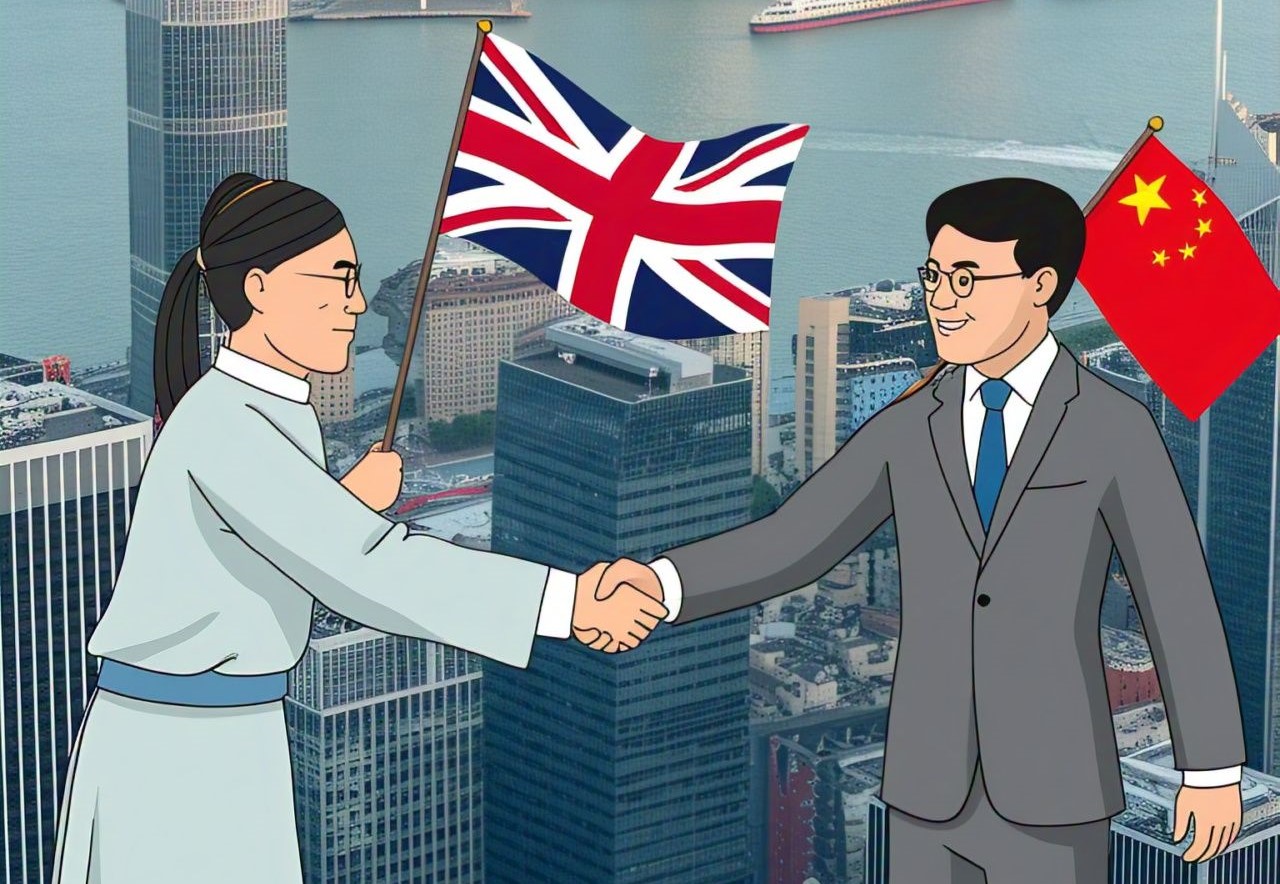Chinese Investment in UK Infrastructure: How Much Control Does China Have?
The recent situation at the Scunthorpe Steel Plant has once again raised concerns about Chinese investment in the UK economy, with critics questioning national security risks.
The Scunthorpe steel plant was previously owned by China’s Jingye Steel, but the UK government has now taken control following claims that the Chinese owners planned to shut down blast furnaces and rely solely on imported Chinese steel for processing.
This development has sparked a broader debate: How much of the UK’s critical infrastructure is controlled by China, and should we be worried?

How Much Has China Invested in the UK?
According to the UK Office for National Statistics (ONS), China invested around £4.3 billion in the UK in 2023—a tiny fraction of the total foreign investment (which exceeded £2 trillion).
However, experts argue these figures underestimate China’s real influence because:
- Official data only tracks direct investments, while Chinese money often flows through third countries.
- The Chinese government does not fully disclose overseas investments, making accurate tracking difficult.
A report by the American Enterprise Institute (AEI) estimates that between 2005 and 2024, China invested $105 billion in the UK through both state-owned and private companies.
This makes the UK the third-largest recipient of Chinese investment globally, after the US and Australia.
Key UK Infrastructure Controlled by China
Chinese firms have invested in several critical sectors, including:
1. Energy & Nuclear Power
- Hinkley Point C Nuclear Plant (Somerset) – China General Nuclear Power Group (CGN) owns 27.4% (down from 33.5%).
- Bradwell B Nuclear Project (Essex) – CGN holds 66.5%, with plans to build a new reactor.
- Manttery Battery Storage (Wiltshire) – One of Europe’s largest energy storage sites, owned by China’s Huaneng Group.
2. Transport & Airports
- Heathrow Airport (10% stake) – Owned by China Investment Corporation (CIC).
- London EV Company (LEVC) – Maker of electric black cabs, owned by China’s Geely Auto.
3. Water & Utilities
- UK Power Networks – Supplies electricity to London & Southeast England, owned by Li Ka-shing’s CK Group.
- Northumbrian Water Group – Provides water to Northeast England, 75% owned by CK Group.
4. Real Estate & Football
- Cheesegrater Building (London) – Sold to a Chinese firm for £1.15 billion in 2017.
- Wolverhampton Wanderers FC – Owned by Fosun Group (Shanghai).
Is Chinese Investment a Threat to the UK?
Potential Risks:
- Espionage Concerns – Chinese-made tech in critical infrastructure (e.g., surveillance systems) could be used for data theft.
- Political Leverage – If China controls key utilities (water, power, telecom), it could disrupt services during geopolitical tensions (e.g., a Taiwan conflict).
- Legal Obligations – Chinese firms must comply with Beijing’s laws, including sharing data with intelligence agencies if requested.
Counterarguments:
- Financial Self-Interest – Sabotaging UK infrastructure would hurt China’s own investments.
- Strict UK Regulations – Critical sectors like airports and water are heavily regulated, limiting foreign control.
Conclusion: Should the UK Be Concerned?
While not all Chinese investments pose a direct threat, the UK must carefully assess deals involving critical infrastructure (energy, telecom, defense). The Scunthorpe steel case shows how sudden ownership changes can impact jobs and supply chains.
Key Takeaways:
✔ China owns stakes in UK nuclear plants, airports, and utilities.
✔ Espionage and political leverage are real but manageable risks.
✔ Not all investments are harmful—some bring jobs and innovation.
The UK must balance economic benefits with national security, ensuring foreign investments don’t compromise sovereignty.


